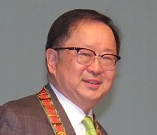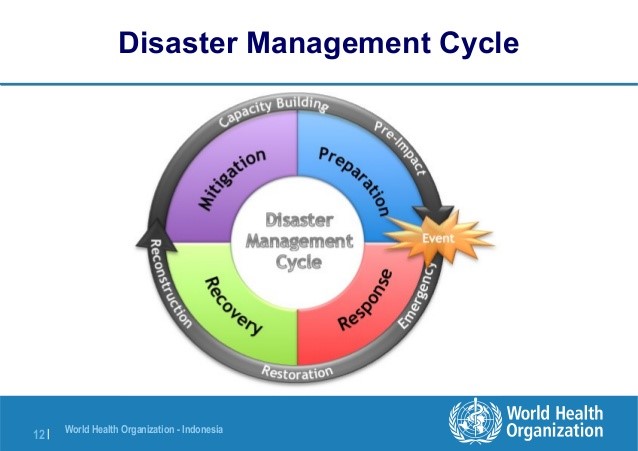In my view: Disaster Preparedness and Risk Reduction
 Español 中文
Español 中文
WONCA President, Donald Li, writes on a topic, which as chair of the Hong Kong Jockey Club Disaster Preparedness and Response Institute, he is passionate about.
While instances across the globe of natural and man made disasters and outbreaks of epidemics are relatively rare, they are increasing. Their consequences can be devastating and catastrophic. We only need to think of the Ebola crisis or the Fukushima nuclear disaster - and their long term consequences - to remind us of the importance of being prepared and being able to offer effective care and treatment, subsequent to disaster striking.
The crucial role of family doctors in disaster risk reduction and in disaster preparedness is increasingly being recognised at national and global levels. Training for mitigating the devastating effects of a disaster once it has happened, or for contributing to the prevention of disaster, is limited and, in some countries, non-existent. Yet, as family doctors, we are often the first attenders in a disaster, and we are the professionals left to deal with the consequences to our patients – consequences which can have long term implications for health and wellbeing.

WHO’s recent restructuring (March 2019) has recognised the need to strengthen critical health security responsibilities, both in responding to health crises and helping countries prepare for them. The issue is considered so important that the new structural ‘pillar’ within the organisation, the Division of Emergency Preparedness, is directly accountable to the Director General. It will support countries in preventing and mitigating the impact of outbreaks and other health crises. This is a welcome initiative. WONCA welcomes the opportunity to build on our existing collaboration with our WHO colleagues on this important issue.
The spotlight is getting stronger on disaster management, including climate related disasters. At the end of 2018, the Global Heat Health Information Network held its first global conference, in Hong Kong. I was honoured to present on the role played by family doctors, in general, and by WONCA specifically.
The opportunities are there for family doctors to engage effectively with community based planning, and in strategic planning for disaster risk reduction and disaster preparedness. As family doctors we can influence policy and encourage cross sectoral co-operation: we are already treating the impact of a range of environmentally-induced illnesses and diseases, and can see how the risks are increasing. Decision-making by individual professional groups undermines the co-operation necessary to ensure that relevant specialists from a range of sectors are fully engaged in addressing issues of mutual relevance.
Family doctors are good at seeing the bigger picture in their own environments. Our knowledge and experience in dealing with real life consequences of evolving climate disasters can be used to help reduce risks. That knowledge and experience can also be used to educate our patients and others to help themselves to reduce their own exposure to risks.
Family doctors have a role to play at every stage of the disaster risk reduction management cycle. We can get involved at any or all stages of the planning and response. Building our capacity to mitigate risks and to respond to the consequences of disasters will enable us to serve our patients through every eventuality.
WONCA’s collaboration with the Planetary Health Alliance, through our Working Party on the Environment, recently resulted in a Declaration recognising the role of family doctors in mitigating the risks and dealing with the effects of health hazards relating to environmentally-induced illnesses and diseases. The Declaration is a welcome call to action about the global risks we face on the range of environmental disasters in-the-making.
Declaration calling for the family doctors of the world to act on planetary health
Disaster risk reduction and disaster preparedness are not nebulous ideas: they are real issues of the day. ‘They are not scare mongering’, as Professor Sir Andy Haines said in his
recent article in WONCA News. We need to build our understanding of the risks and develop appropriate training for family doctors. By doing so, we can ensure that we contribute in the most effective ways possible, alongside the growing body of professionals who plan for and respond to the worst of situations to befall a community.